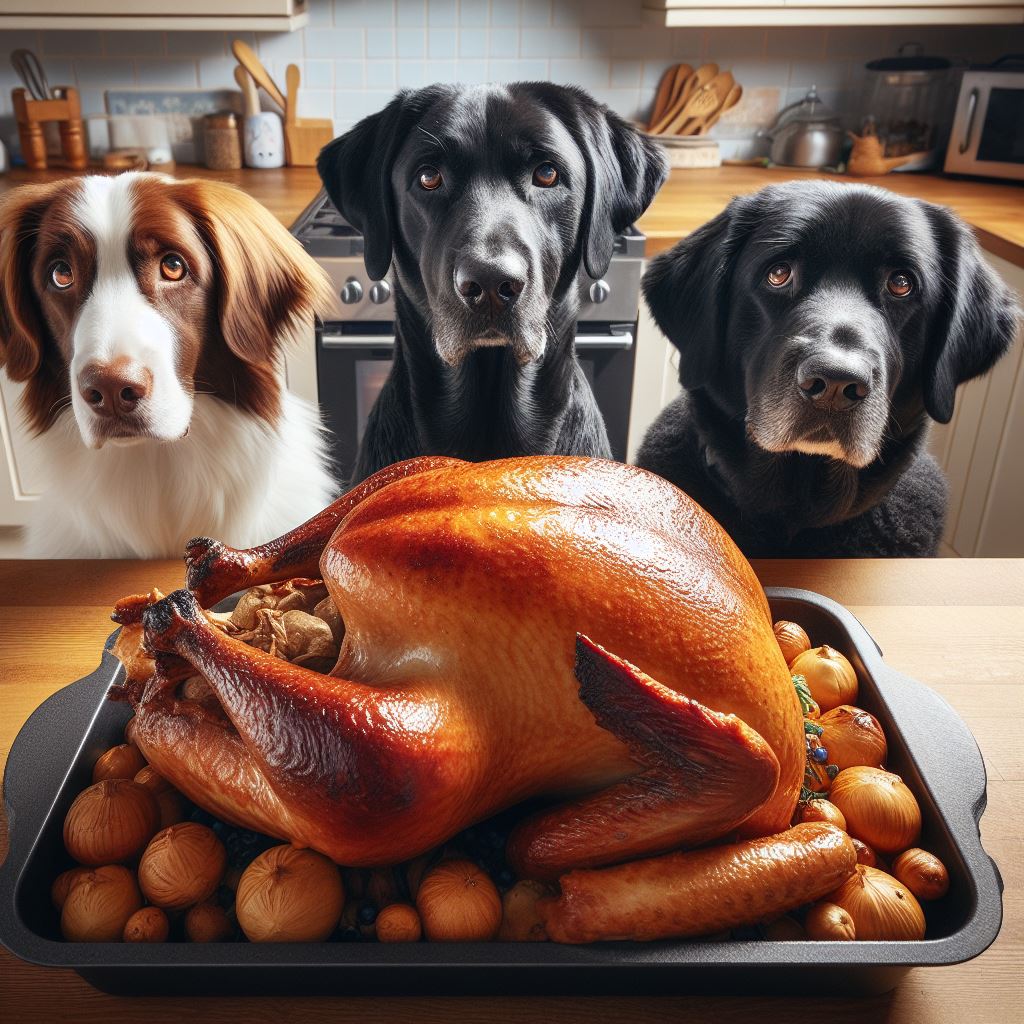As the holiday season approaches, the smell of roasted turkey wafting through the air evokes a sense of nostalgia and warmth. Thanksgiving gatherings invite friends and family to come together, sharing laughter, stories, and, of course, delicious food. But what about our canine companions? It’s easy to share a morsel or two with our four-legged friends. However, when it comes to turkey bones, a line must be drawn. Let’s explore whether indulging your pup with a turkey bone is a harmless holiday treat or a recipe for disaster.
Thanksgiving is synonymous with turkey. The bird itself, when unadulterated and properly prepared, can be a delightful protein source for dogs. That said, through the years, turkey has morphed into various delectable forms, including the prized turkey bone. This leads us to a significant question: Are turkey bones safe for dogs?
To understand the potential dangers, we need to delve into the anatomy of the turkey bone. Turkey bones, particularly when cooked, become brittle. The process of cooking not only makes them easier to digest for humans, but it also puts your dog at risk. Cooked bones are prone to splintering, and these sharp fragments can cause myriad problems within your pet’s digestive system.
The complexities of canine anatomy come to play here. Dogs have powerful jaws designed to crush and chew, but they are not invincible. When a dog ingests a bone that splinters, it can lead to sharp edges tearing through the soft tissues of the esophagus, stomach, or intestines. This can result in severe injuries, internal bleeding, or, in the worst-case scenario, the need for surgical intervention. Thus, the notion of sharing your Thanksgiving turkey with your beloved pooch must be approached with considerable caution.
You may be wondering about the alternative: What about raw turkey bones? Advocates of a raw diet argue that uncooked bones may be safer because they are softer and less likely to splinter compared to their cooked counterparts. However, this path is not without its risks. Raw turkey bones can still pose a choking hazard, and there’s the added concern of bacterial contamination such as Salmonella or E. coli, which can be harmful to both pets and humans alike. Consequently, the raw versus cooked bone debate further complicates the issue.
If you’re keen on providing a culinary holiday experience for your canine companion, consider meat instead. Unseasoned, cooked turkey meat is typically safe for most dogs in moderation. Ensure that it is free of skin, excess fat, and bones. Think of it as a special holiday treat for your furry friend—without the inherent risks associated with bones. You can even roll it into bite-sized pieces for added flair.
Moreover, many dogs enjoy the taste of turkey and can benefit from its nutritional value. Turkey is a good source of protein, B vitamins, and minerals. However, like all treats, it should constitute no more than 10% of your dog’s daily caloric intake to maintain a balanced diet. The holidays are a time for abundance, but moderation should always be the guiding principle.
Another delightful alternative is to explore Thanksgiving-themed dog treats that are commercially available. Numerous brands cater to our inclination to pamper our pets during the holidays. These treats often contain safe ingredients that are specifically formulated for canine digestive systems, satisfying their need for a holiday treat without compromising health.
Beyond the culinary offerings, consider creating a festive atmosphere for your dog. While they may not be able to partake in the specific delights of a Thanksgiving feast, they can still enjoy the holiday spirit. Set up a cozy resting area adorned with seasonal decorations or involve them in family games. Dogs thrive on social interaction and can feel the warmth of togetherness, which is equally as enriching as any snack you may offer.
Amid all the festive cheer, it’s crucial to remain vigilant. With family gatherings come more opportunities for your dog to nibble on leftover food. Not just turkey, but sides like mashed potatoes, stuffing, or gravy can prove hazardous to your pet’s health. Many common ingredients, such as onions and garlic, are toxic to dogs and can lead to dire consequences if ingested. Accordingly, create an environment where your dog is safe from sneaky distractions or an overzealous family member who may think a scrap won’t hurt.
As you contemplate what to serve your furry friend this Thanksgiving, remember that your dog’s well-being is of utmost importance. Keeping the bone-sharing tradition at bay is a small sacrifice to ensure that your pup remains happy and healthy throughout the holidays and beyond. Instead of a culinary disaster, envision creating memorable experiences—both through safe, tasty treats and quality time together.
So, as you gather around the dinner table this Thanksgiving, consider the dog under it, hoping for a crumb to fall. Share love with your best friend with thoughtful gestures rather than risky morsels. In doing so, you’ll leave the holiday feeling thankful for not just the memories made with family and friends, but also for the safe and joyful moments you cherish with your beloved pet.
